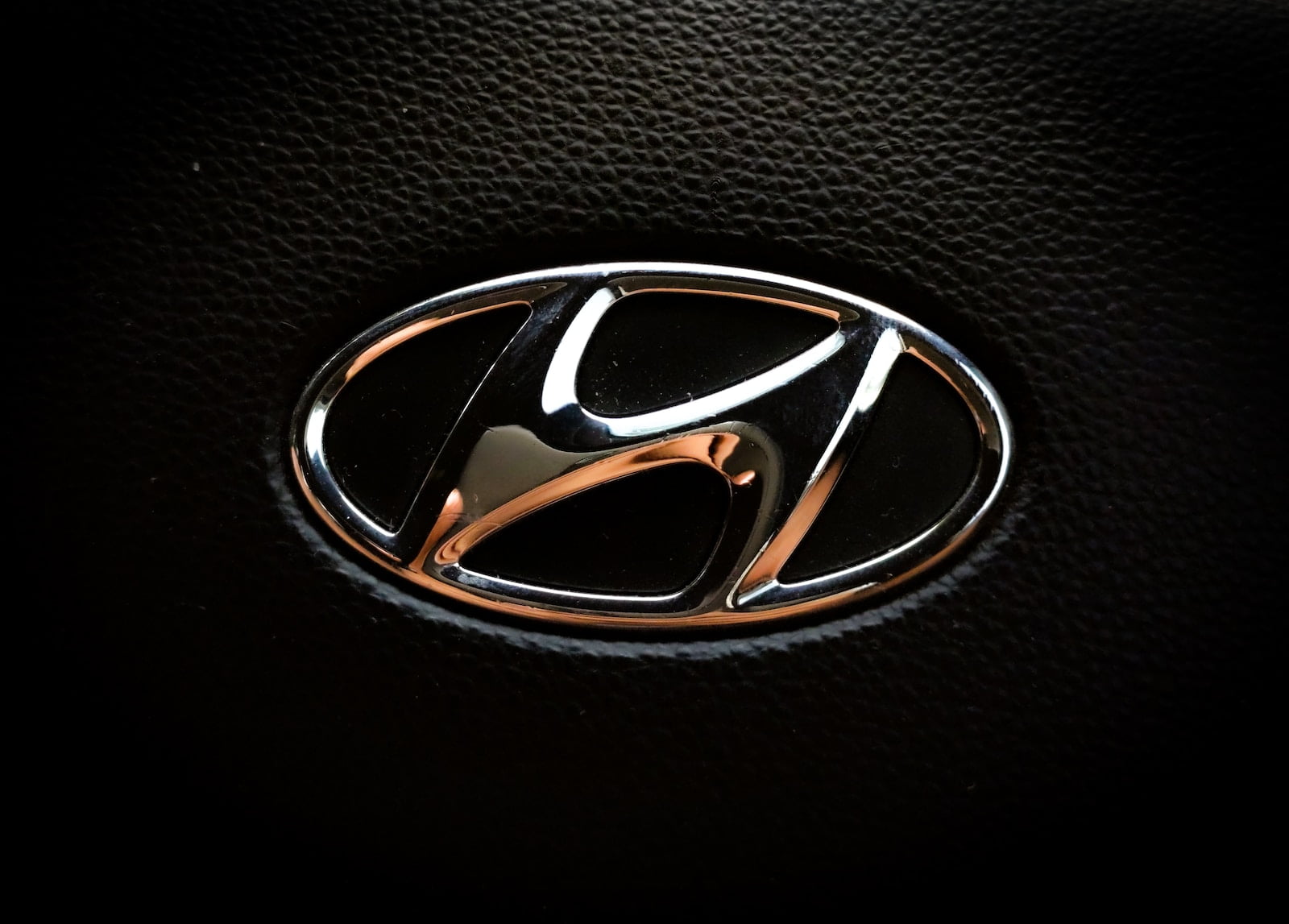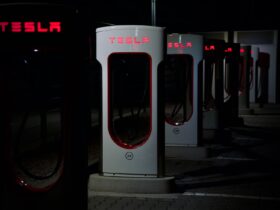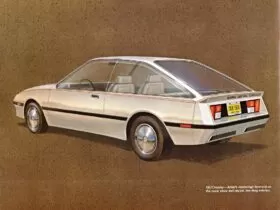As electric vehicles (EVs) gain popularity worldwide, India is no exception to this trend. The government’s push towards electric mobility and the rising awareness of sustainable transportation has led to the emergence of many electric vehicle manufacturers in India.
Electric Vehicles (EVs) rely on one or several electric motors to propel them and are powered by rechargeable batteries for energy storage. They are used extensively for transporting passengers and other goods. They are more durable than conventional automobiles and easier to maintain than other vehicles. They offer higher speeds, a quieter travel experience, zero carbon emissions, and maximized overall performance and efficiency.
Top 10 Electric Vehicle Manufactures
RationalStat’s analysis shows that Indian electric vehicle manufacturers offer EVs in various battery, hybrid, or plug-in hybrid versions. They integrate EVs with new technologies such as remote sensors, anti-theft locking, a geographic positioning system (GPS), and navigation.
Here’s a list of the top 10 electric vehicle manufacturers in India.
1) Tata Motors Limited
Establishment: 1945
Headquarters: Mumbai, Maharashtra, India
Tata Motors is one of the leading automotive manufacturers in India and has made significant strides in the EV segment. The company’s EV lineup includes the Tata Nexon EV, Tigor EV, and the upcoming Altroz EV.
2) Mahindra Electric Mobility Limited
Establishment: 1994
Headquarters: Bangalore, Karnataka, India
Mahindra Electric Mobility Limited has been a pioneer in electric mobility in India and has a range of EVs in its lineup, including the Mahindra eKUV100, e-Verito, and e2oPlus.
3) MG Motor India Pvt Ltd
Establishment: 2017
Headquarters: Gurugram, Haryana, India
MG Motor, a subsidiary of China’s SAIC Motor Corporation, has recently entered the Indian EV market with the launch of the MG ZS EV. The company plans to introduce more electric vehicles in the coming years.
4) Hyundai Motor India Limited
Establishment: 1996
Headquarters: Gurugram, Haryana, India
Hyundai has been quick to enter the Indian EV market with the launch of the Hyundai Kona Electric, which is the country’s first long-range EV. The company plans to introduce more electric vehicles in the future.


5) Renault India Private Limited
Establishment: 2005
Headquarters: Chennai, Tamil Nadu, India
Renault has made a foray into the Indian EV market with the launch of the Renault Kwid Electric, which is expected to hit the market soon.
6) Hero Electric Vehicles Pvt. Ltd.
Establishment: 1993
Headquarters: Gurugram, Haryana, India
Hero Electric is one of the leading electric two-wheeler manufacturers in India and has a range of electric scooters and motorcycles, including the Hero Electric Photon, Flash, and Optima.
7) Okinawa Autotech Internationall Pvt Ltd
Establishment: 2015
Headquarters: Gurugram, Haryana, India
Okinawa Autotech is another electric two-wheeler manufacturer in India, and its lineup includes the Okinawa Praise, Ridge, and i-Praise.
8) Ather Energy Pvt Ltd
Establishment: 2013
Headquarters: Bangalore, Karnataka, India
Ather Energy is a Bengaluru-based startup that has made a significant impact on the Indian EV market with the launch of the Ather 450X and 450 Plus electric scooters.
9) Revolt Motors
Establishment: 2017
Headquarters: Gurugram, Haryana, India
Revolt Motors is another electric two-wheeler manufacturer in India, and its flagship model is the Revolt RV400 electric motorcycle.
10) Ultraviolette Automotive
Establishment: 2016
Headquarters: Bangalore, Karnataka, India
Ultraviolette Automotive is a Bengaluru-based startup that has made a name for itself in the Indian EV market with the launch of the Ultraviolette F77 electric motorcycle.
Electric Vehicle Market
The Global electric vehicles (EVs) market is expected to experience a strong growth rate of 23.5% between 2019-2028. The EV market is growing because of rising concerns about urban air pollution. Conventional fuel vehicles are a major cause of air pollution. This forces governments to impose strict regulations on car manufactures to limit vehicle emissions. EVs can reduce dependence on oil-based fuels and significantly reduce greenhouse gas emissions. The government of many countries is also involved in driving EV sales by providing customer subsidies.
Future Growth of Electric vehicle
The EV100 initiative gathers over 100 companies to make electric transport the new normal by 2030. Many companies globally are moving to electric light-commercial vehicles and shifting their fleets. Amazon purchased 100,000 units of commercial vehicles from a startup to achieve its goal of zero emissions by 2040. FedEx and DHL, the world’s largest logistic companies, are moving towards electric vehicles to deliver their mail and parcels. According to the International Energy Agency (IEA), commercial EVs will increase by 23% by 2020, with electric trucks growing by three-fold.
Conclusion
Electric vehicles are gaining traction in India, and with the government’s push towards sustainable transportation, we can expect to see more electric vehicles on Indian roads in the coming years. These top 10 electric vehicle manufacturers in India are leading the way in the EV segment and are making a significant contribution to India’s efforts towards a greener future.
Indian Electric Vehicle manufacturers are working to export Make in India Electric Vehicles as part of the Government of India’s National Electric Mobility Mission program.





